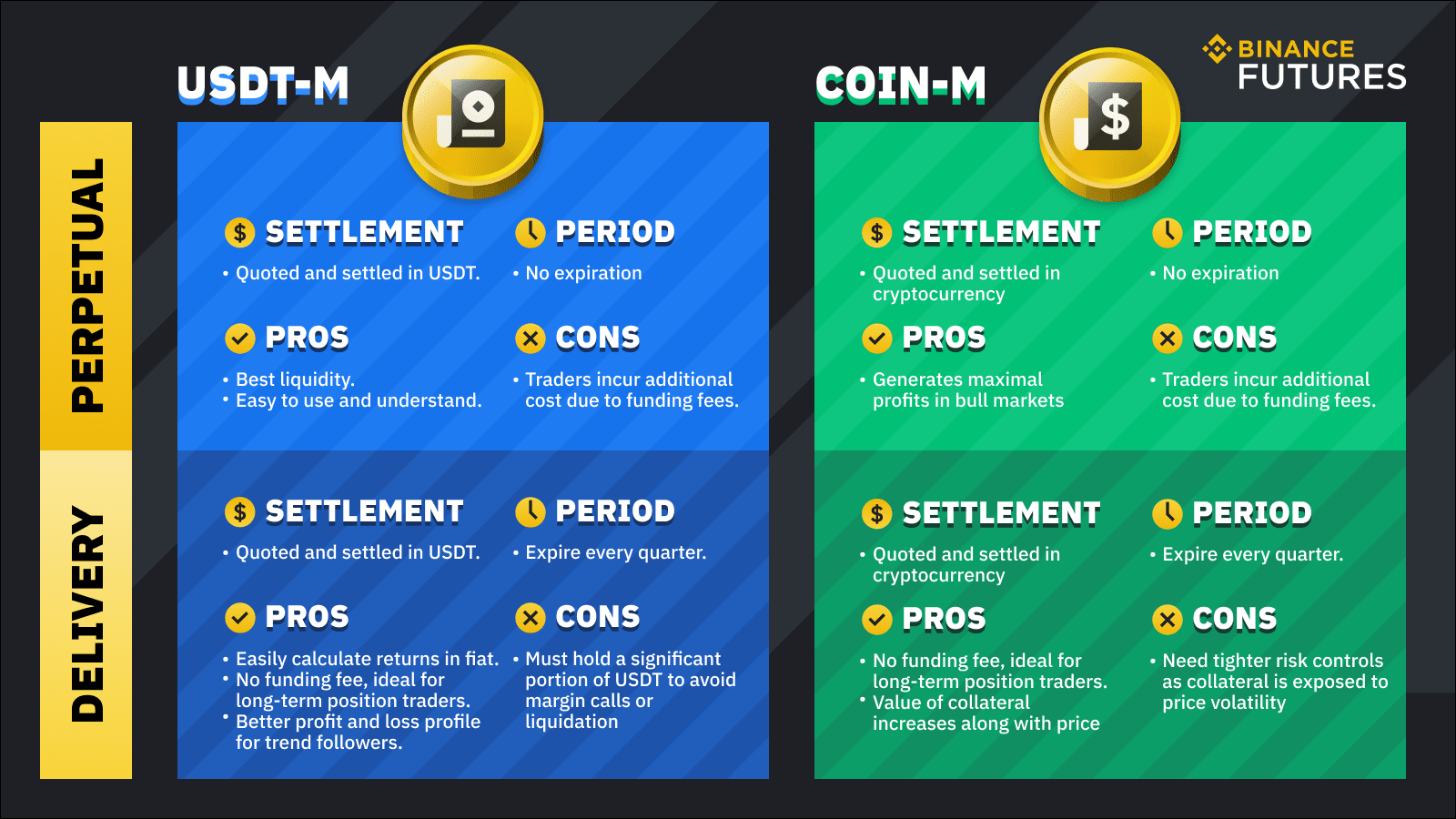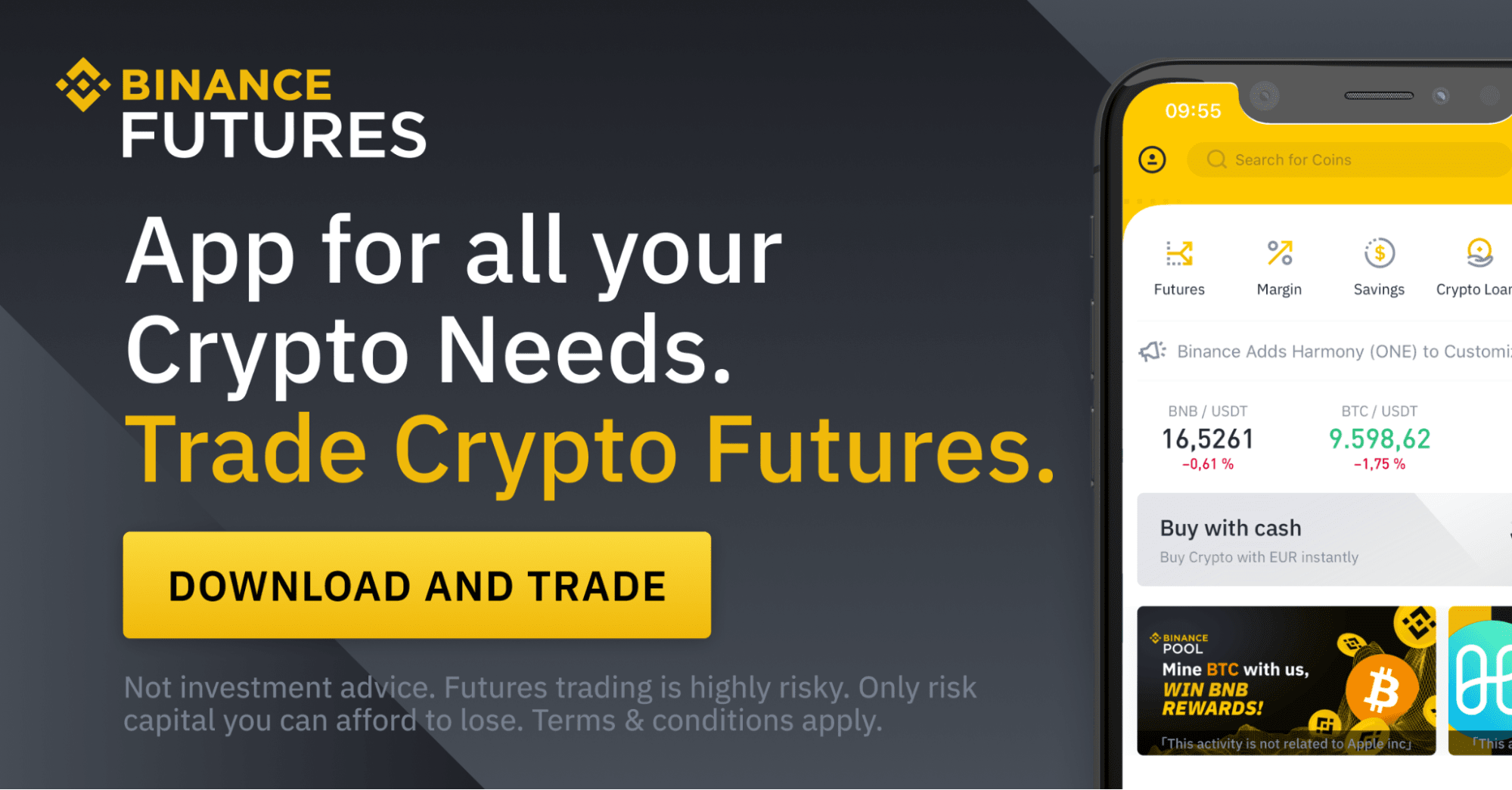Spot and futures markets are essential ecosystems for traditional financial assets and these markets play an equally important role for cryptocurrencies.
Do you know the main differences between trading in these two markets? Find more in this article.
What is Crypto Spot Trading?
Cryptocurrency spot trading is the process of buying and selling digital assets such as Bitcoin and Ethereum for immediate delivery. In other words, cryptocurrencies are directly transferred between market participants (buyers and sellers). In a spot market, you have direct ownership of cryptocurrencies and are entitled to legal rights such as voting for major forks or staking participation.
Exchanges such as Binance facilitate spot trading activities, enabling users to conduct fiat-to-crypto and crypto-to-crypto transactions. Spot exchanges act as intermediaries for buyers and sellers to bid and ask for a crypto asset. When a bid or offer is matched, the exchange will facilitate the trade. Spot exchanges operate 24 hours a day / 7 days a week, which means you can buy and sell crypto any time and any day.
Let’s take a look at an example.
Suppose you want to buy Bitcoin with fiat (USD) in the spot market. In this scenario, you could go to a crypto exchange spot market to look for the BTC/USD trading pair and place a buy order at your desired price and quantity for the execution. After completing your transaction, your Bitcoins will be stored in a spot wallet where you could hold them until their value increases. Alternatively, you could convert it to buy other altcoins that you believe may rise in value.
When holding cryptocurrencies in the spot market, you could potentially benefit from capital appreciation as the value of your cryptocurrency increases over time.
What is Crypto Futures Trading?
In the futures market, you are trading contracts that represent the value of a specific cryptocurrency. When you purchase a futures contract, you do not own the underlying cryptocurrency. Instead, you own a contract with an agreement to buy or sell a specific cryptocurrency at a future date. As such, ownership of a futures contract does not reward you with any economic benefits such as voting and staking.
Crypto futures contracts offer protection against volatility and adverse price movements on their underlying asset. Also, it is a proxy tool for traders to speculate on the future prices of a specific cryptocurrency.
With futures contracts, you can take advantage of price volatility. Regardless of whether prices rise or fall, futures contracts enable you to participate in a cryptocurrency’s movements with ease. In other words, you can speculate on a cryptocurrency’s price rather than buying the underlying asset itself.
If you expect the value of an asset to go up, you will buy a futures contract to go long, and if you expect it to fall, you will sell to go short. Your profit or loss will depend on the outcome of your prediction.
Derivatives exchanges such as Binance Futures facilitate the trading of derivative products such as crypto futures. Just like spot exchanges, derivative exchanges operate 24/7. The main difference between spot and derivative exchanges is that derivative exchanges have safeguards and risk management mechanisms such as insurance funds due to the complexity of their products.
Read more: Quarterly Futures: What Are They And How To Trade Them?
Crypto Futures Trading vs. Crypto Spot Trading: Understanding The Key Differences
1. Leverage - Traders are drawn to the futures market because of leverage. Leverage makes futures trading extremely capital-efficient. For instance, to purchase 1 BTC in the spot market, you would need thousands of dollars — $50,000 based on the prevailing market rate. With a futures contract, you can open a BTC futures position at a fraction of the cost. This is only possible with the use of leverage. The higher the leverage, the less you need to spend on a position. In contrast, spot trading does not offer leverage. Suppose you have only USDT 5,000 available. In this case, you could only afford to purchase USDT 5,000 worth of Bitcoin.
2. Flexibility to Long or Short - When you purchase Bitcoin in the spot markets, you make a profit only if prices go up. However, in the bear market, you can’t make money. Futures contracts allow you to profit from short-term price movements regardless of direction. Even when the price of Bitcoin falls, you can participate in the downward move and trade along with the momentum. With futures contracts, traders can develop sophisticated trading strategies such as short-selling, arbitrage, pairs trading, etc. Additionally, futures contracts are also used to hedge against downside risk and protect a portfolio from extreme price volatility. Miners and long-term holders often use futures contracts to protect their portfolios from unexpected risks.
Read more: Exploring Market-Neutral Strategies in Crypto-Derivatives.
3. Liquidity - The futures markets offer deep liquidity with trillions in monthly volume. For example, the Bitcoin futures market sees an average monthly turnover of $2 trillion, far greater than the Bitcoin spot markets’ trading volumes. Its robust liquidity supports the process of price discovery and allows traders to transact in the market swiftly and efficiently. A liquid market is generally associated with less risk because there is always someone willing to take the other side of a given position, and traders will incur less slippage.
4. Futures vs. Spot prices - The price of a cryptocurrency on the spot market is the ruling price for all spot transactions, and this is known as the spot price. Buyers and sellers determine crypto spot prices through an economic process of supply and demand. In contrast, the futures price is based on its prevailing spot price plus the cost of carry during the interim before delivery. The basis represents the cost of carry of a futures contract. The basis can be a positive or negative number. A positive basis relationship means that the futures price trades higher than its spot price; vice versa. The basis may fluctuate due to changes in supply and demand, but due to the forces of arbitrage, it will eventually go to zero on the expiration day.
Read more: Understanding Price And Basis Of A Futures Contract
Trade Crypto Futures on Binance
Binance Futures offers a broad range of crypto futures instruments, delivering traders and investors numerous ways to enter the market.
Users can access two futures product lines:
USD-Margined Futures Contracts - Supports perpetual and delivery contracts with leverage of up to 125x and settled in USDT & BUSD. Read more about USD-margined contract specifications.
Coin-Margined Futures Contracts - Supports perpetual and delivery contracts with leverage of up to 125x and settled in cryptocurrency. Read more about Coin-margined contract specifications.

USD-margined and Coin-margined contracts cater to the specific needs of users. These contracts offer flexibility and diversity, allowing users to trade futures contracts funded by a wide selection of marginable assets. These contracts also offer strategic advantages in various market conditions, allowing users to maximize returns.
If you’re considering trading futures, it is important to understand the pros and cons of the different types of futures contracts available. To get the most out of trading futures, we recommend:
Finding the right exchange for you - Binance Futures offers a comprehensive range of crypto derivatives, such as perpetual futures, options, leveraged tokens, and our latest addition, quarterly futures.
Contract diversification - Consider using the two types of futures contracts. For long-term position traders, trade the quarterly coin-margined contracts as they have no funding fees and maximize profits in bull markets. For active traders, USD-margined contracts provide flexibility to trade with a single settlement currency across all USD-margined futures contracts, removing the need to convert to other cryptocurrencies.
Final Thoughts
Spot trading is easy to understand and intuitive for most beginners. As such, it is the go-to venue for users who are new to crypto trading. However, futures trading offers strategic advantages and allows you to maximize profits. Futures trading can be lucrative if you have the proper knowledge and risk management techniques to avoid outsized losses. Thus, you should strategize and do due diligence before trading futures and understand both their advantages as well as their risks.




